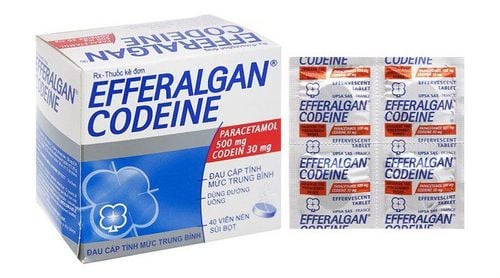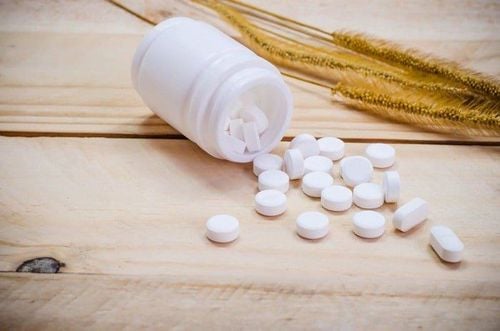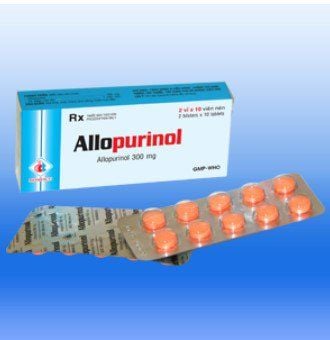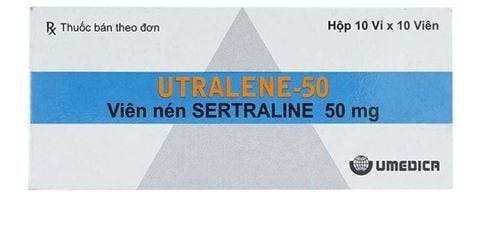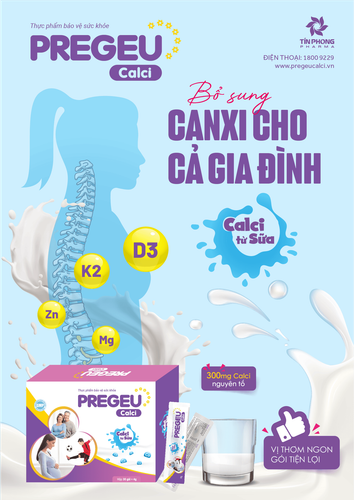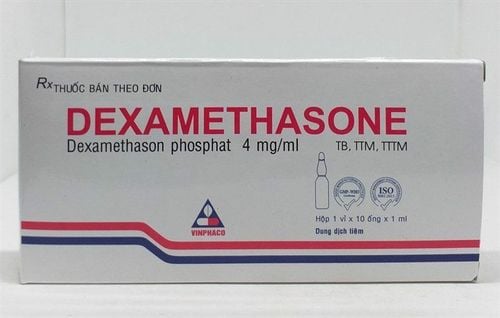This is an automatically translated article.
Do you take a long list of medications to control serious health problems? Or do you just occasionally resort to over-the-counter medications? Either way, there's a lot you can do to make sure you get the most benefit from your medication and stay safe while taking it, especially when it comes to the elderly.
1. Know the medicines for the elderly to use
What you don't know can hurt you. The more you know about any medicine you take, the more you can be sure that you are using it correctly.
For each drug you take, whether it is a prescription or an over-the-counter drug, you can fill out this chart to make sure you understand how it works and how it is used.
If you cannot find the information on the medicine bottle or the patient information that comes with the medicine, or it is difficult for you to understand the information, ask your doctor or pharmacist.
| Tên thuốc (cả nhãn hiệu và tên thuốc cụ thể) |
| Kích thước, màu sắc và dấu ấn trên viên thuốc |
| Liều lượng thuốc |
| Các tác dụng phụ thường gặp |
| Cần làm gì đối với các phản ứng phụ? |
| Khi nào phải gọi cho bác sĩ? |
| Các hướng dẫn đặc biệt khác (nếu có) |
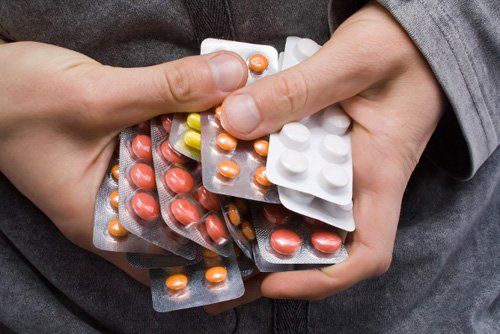
Hãy tìm hiểu thật kỹ về các loại thuốc trước khi sử dụng.
2. Do's and DON'Ts when using medicine for the elderly
Knowing the do's and don'ts of medication for the elderly can help you make sure you're taking it safely to improve your health.
5 things SHOULD do when administering medication to the elderly or anyone:
SHOULD take each medication exactly as prescribed. DO make sure your doctor knows about all the medications you are taking. DO tell your doctor about any other over-the-counter medicines, vitamins and supplements, geriatric supplements, or herbs you use. DO try to get your medication at a regular pharmacy so they can help you keep track of any medications you're taking. DO keep the medicine out of reach of children and pets. 5 DON'T'S when giving medicine to the elderly or anyone:
DO NOT change the dose or dosing schedule without telling your doctor. DO NOT use medication prescribed for others. DO NOT crush or break the tablet unless directed to do so by your doctor. DO NOT use expired medicine. DO NOT store the medicine in places that are too humid, too hot, or too cold. For example, the cupboard in the bathroom may not be the best place for your medicine because of the high humidity in it.
3. Dispose of medicines for the elderly properly when they expire
Once medicines have passed their expiration date, throwing them away protects you and others in your home from consuming a medication that may have lost its effectiveness or even become toxic. Properly disposing of medications helps protect the environment as well as pets, children, and anyone who might find them in your trash.
Before flushing old medication down the toilet or throwing it in the trash, check if your city or county has a drug recall program. These are programs that allow citizens to bring unused medications to a center for proper disposal. Call your city or county government's recycling service or check with your pharmacy to see if your community has a recall program.
While experts used to recommend flushing old drugs down the toilet, the Environmental Protection Agency (EPA) recommends against doing this because wastewater treatment plants may not be able to remove all of the ingredients. drug part from water.
FDA recommends discharging medication only if the label or accompanying information contains instructions for doing so. These are often very dangerous or deadly drugs if taken by the wrong person or found by children or pets. These include the following:
Fentanyl buccal (Fentora) tablets. Fentanyl citrate (Actiq). Transdermal drug fentanyl (Duragesic). Hydromorphone hydrochloride (Dilaudid). Meperidine HCL (Demerol) tablets. methylphenidate transdermal patch (Daytrana). Morphine sulfate capsules (Avinza, MS Contin). Oxycodone and acetaminophen (Percocet). Oxycodone (OxyContin) tablets. Sodium oxybate (Xyrem). Most other medicines can be thrown away with your household garbage. When disposing of medication in the trash, follow these medication handling instructions:
Remove the medication from its original container and remove or cut out identifying information on the container label. DO NOT crush tablets or capsules. Mixing the medicine with cat feces, sawdust, coffee grounds, or another substance will absorb them and make them easier to break down. Put the mixture in a bag or plastic bottle with a tight-fitting lid and put it in the trash. Above are some guidelines for safe drug use for the elderly and all other subjects. Please follow the website: Vinmec.com regularly to update many other useful information.
Reference articles: webmd.com, drugabuse.gov




